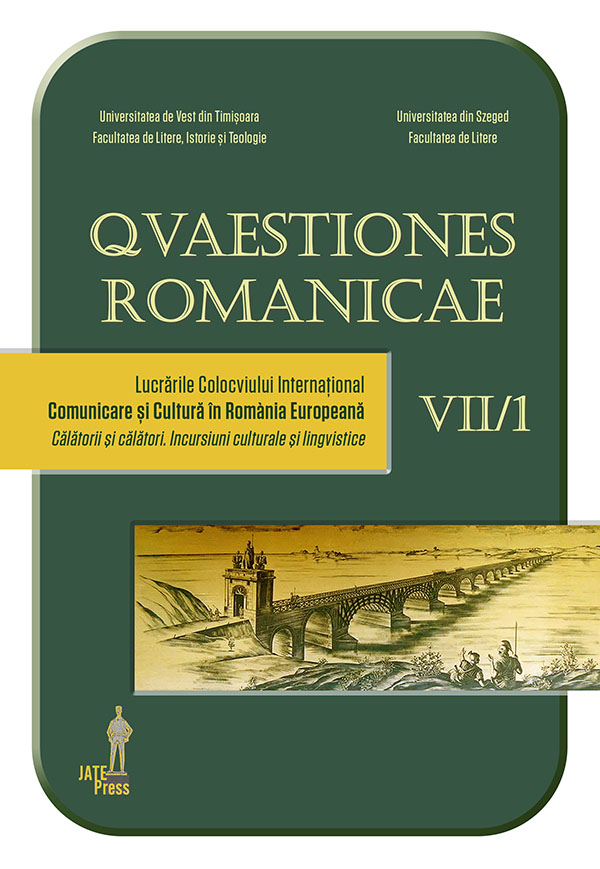¿Influye la lengua materna en el aprendizaje de nuevas lenguas? Estudio etnográfico realizado en la provincia de Castellón
Abstract: (Does Mother Tongue Influence New Language Adquisition? Ethnographic Study conducted in the Province of Castellon) To understand the language acquisition process we first need to start from the basis of knowledge that we possess in our own language, in our mother tongue, since the latter influences in the learning of other languages. The lack of scientific studies that focus on the language management each family possesses has prompted us to concentrate on the Romanian families that emigrated to Castellón (Spain) in the early twentieth century, one of the most representative communities of immigrants in this area. The aim is to examine the relationship between the mother tongue and the languages of the host society, where data were collected in several interviews that I have been carried out with the parents and children that make up the sample of participants through the observation and participation of the families. Thus, this work concerns the mother tongue and its use in the bilingual context of Castellón by taking the mother tongue as an instrument of intercultural communication in the classroom and outside of it, being at the same time a transcendental factor in the formation of a person’s identity in the sample of participants that make up the study. The parameters languages and cultures-context-individual will be examined in the light of the multilingualism and multiculturalism as the approach which addresses the diversity of languages and cultures, being the individual the main agent that gives meaning to this relation of parameters or perspectives.
Keywords: mother tongue, intercultural communication, identity, language management and multilingualism.
Resumen: Para entender el proceso de adquisición de una lengua necesitamos partir de los conocimientos que poseemos en nuestra propia lengua, en la lengua materna, puesto que esta última influye en el aprendizaje de otras lenguas. La falta de estudios que focalicen sobre la gestión lingüística que cada familia posee nos ha impulsado a centrarnos en las familias de rumanos que emigraron a Castellón (España) a principios del siglo XX, una de las comunidades más representativas de inmigrantes de esta zona, con el objeto de examinar la relación entre la lengua materna y las lenguas de la sociedad de acogida a través de los datos obtenidos por medio de la observación y participación de las familias en varias entrevistas que se han llevado a cabo con los padres y los niños que conforman la muestra de participantes. Así pues, el presente proyecto versa sobre la lengua materna y su uso en el contexto bilingüe de Castellón tomando la lengua materna como instrumento de comunicación intercultural en el aula y fuera de esta, siendo al mismo tiempo un factor transcendental en la formación de la identidad para la muestra de participantes que conforman el estudio. Los parámetros lenguas y culturas-contexto-individuo se analizarán a la luz del multilingüismo y multiculturalismo como enfoques que abordan la pluralidad de las lenguas y culturas, siendo el individuo el agente principal que da sentido a dicha relación de parámetros o perspectivas.
Palabras clave: lengua materna, comunicación intercultural, identidad, gestión lingüística y multilingüismo.
